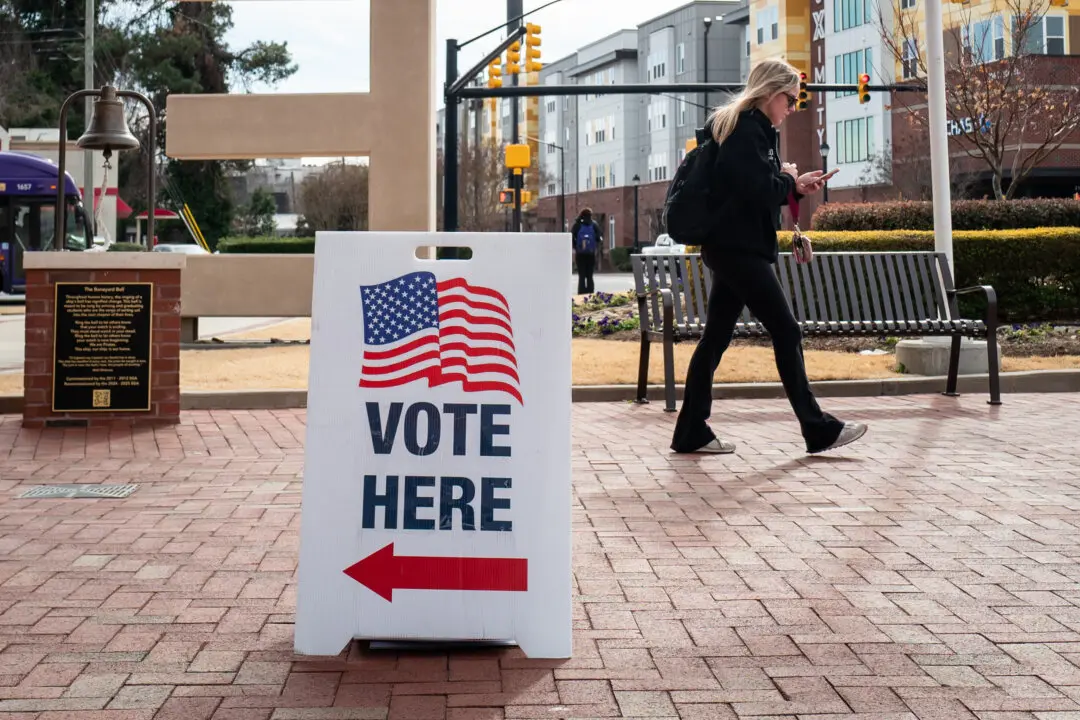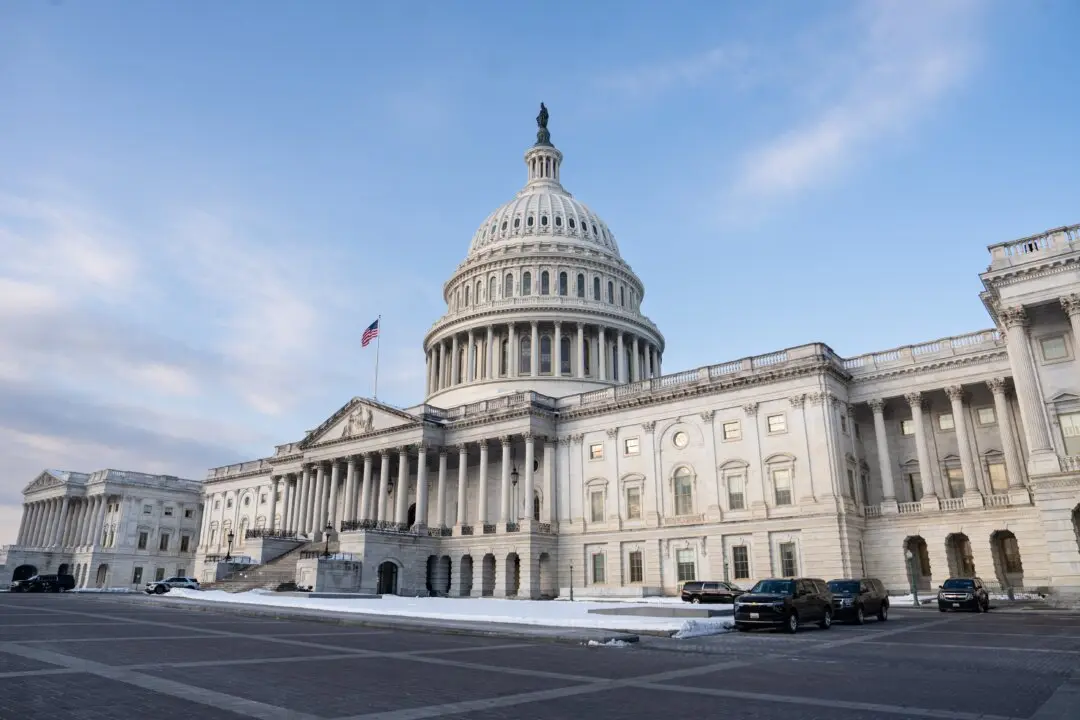Rep. Don Beyer (D-Va.) has unveiled a bill that, if picked up by Democrat leaders, would place a 1,000 percent tax on certain types of firearms and would be immune to GOP filibuster in the Senate.
Beyer’s bill comes in the wake of a deadly shooting in Uvalde, Texas, that left 19 children and two adults dead. The shooting re-energized efforts among liberals to pass wide-ranging restrictions on purchasing and possessing several types of firearms.





